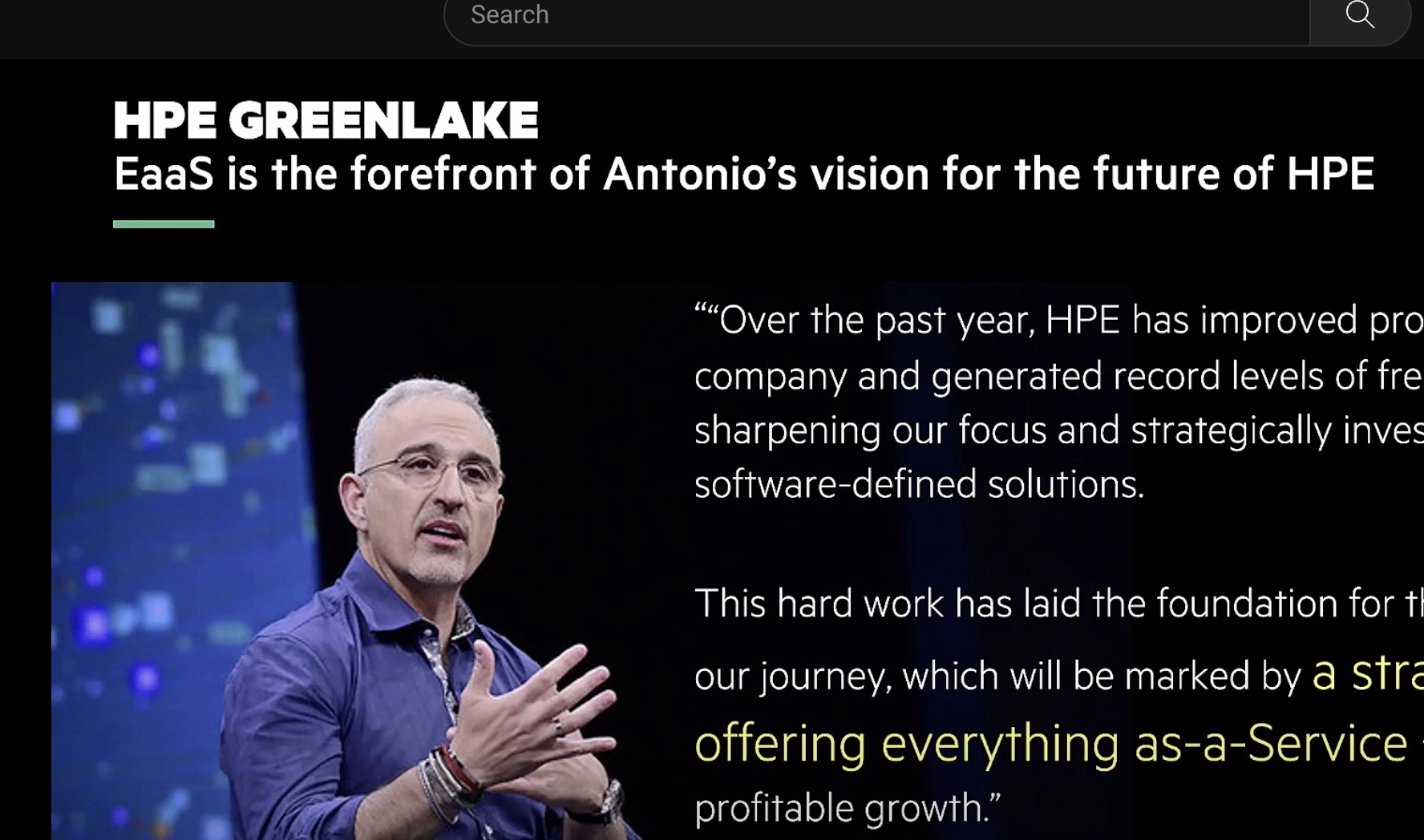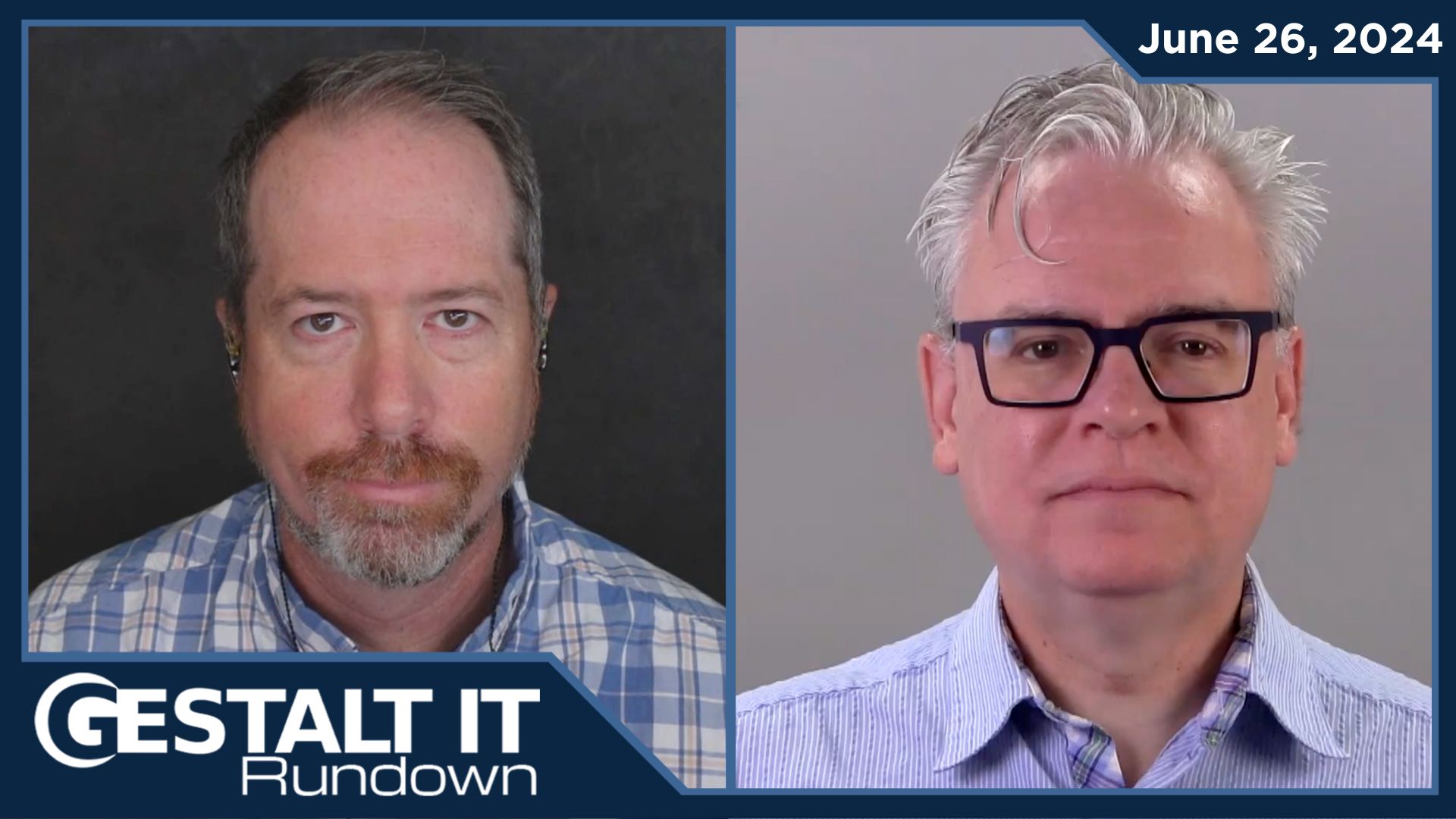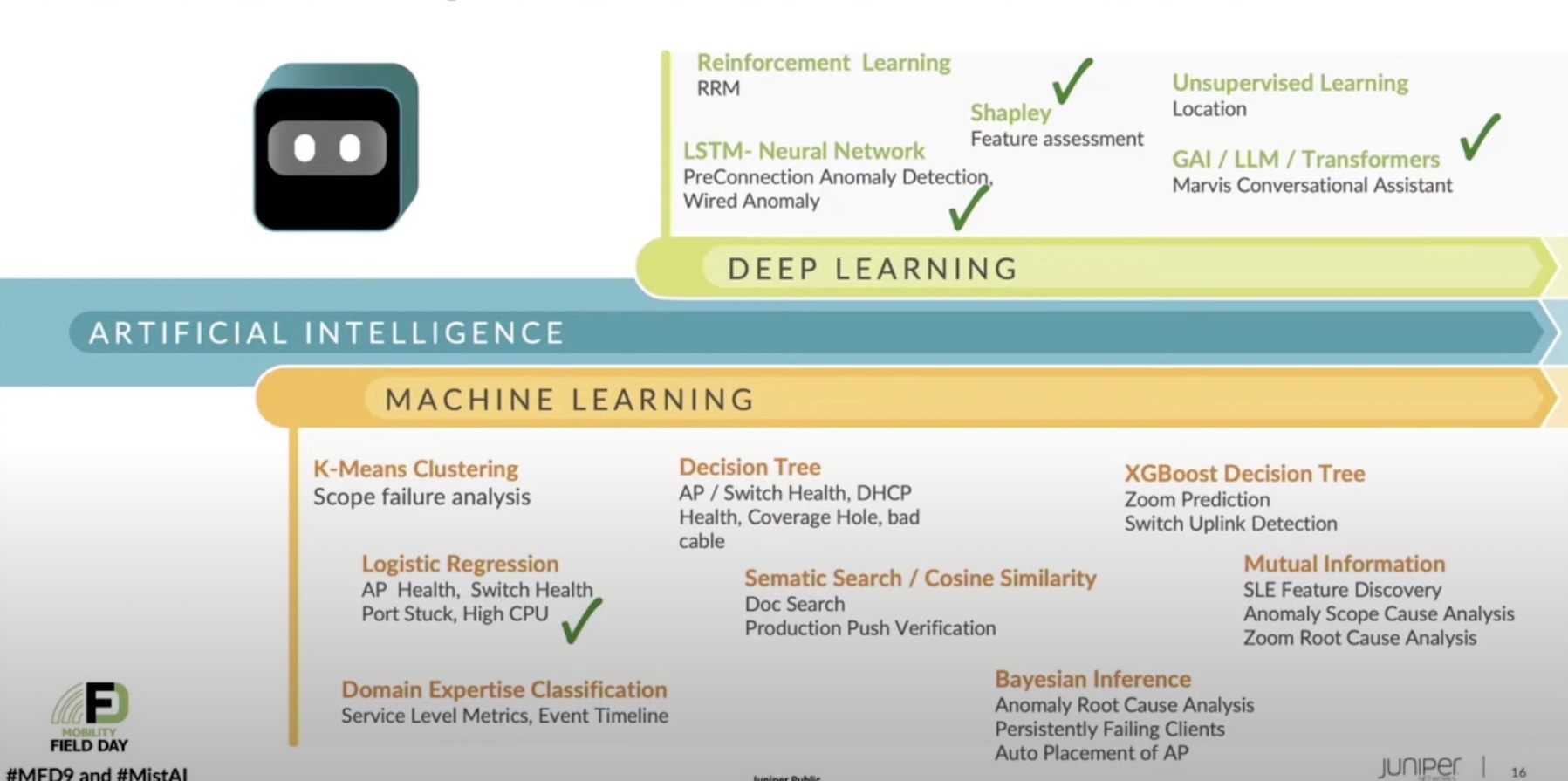HPE bought Silver Peak, Rich Stroffolino and Tom Hollingsworth break down what the company will do with the SD-WAN stalwart. Then they discuss the latest GCP announcements from Cloud Next 20. Plus Nvidia’s big week versus Intel, Huawei striking out in the UK, Zoom launching hardware, and a major acquisition in the component market.
This week on the Rundown:
Rackspace to IPO… Again
Arm Spin-off?
Analog Devices Buys Maxim Integrated
Nvidia Overtakes Intel
Last week, Nvidia surpassed Intel as the most valuable US chipmaker for the first time. A record stock price put Nvidia’s market cap at $248 billion, ahead of Intel’s $246 billion. In 2020, Intel’s stock is down about 3%, while Nvidia is up 68% from the start of the year.
Zoom Hardware
Zoom launched a number of hardware partnerships last week, and now we have some of the first dedicated hardware. The Zoom for Home – DTEN ME offers a 27 inch screen with three wide-angle cameras designed for high-resolution video and 8 microphones. Zoom software is preloaded on the device, and it can pair right out of the box with a QR code from a laptop or phone. It also uses ultrasonic pairing to connect to a laptop or phone, rather than Bluetooth, which is weird. The DTEN me costs $599 and requires an existing Zoom license.
BlueJeans Events
Verizon announced updates to Blue Jeans’ live streaming capabilities, now enabling Blue Jeans Events to support up to 150 speakers and 50,000 attendees. Other updates include free live closed-captioning, a search feature to find attendees, and application sharing in Chrome. this is the second major update since Verizon acquired BlueJeans in April, adding better encryption support previously.
UK Blocks Huawei 5G
The UK government announced Huawei’s networking equipment will to be phased out of its 5G networks. Starting in January 2021, telecom operators won’t be allowed to buy new 5G equipment from Huawei, and will have seven years to remove its existing technology from their 5G infrastructure. The government previously announced in January that Huawei’s equipment WOULD be allowed in the country’s 5G infrastructure, with certain limitations.
HPE Buys Silver Peak
HPE announced it intends to acquire the SD-WAN company Silver Peak in a deal worth $925 million. HPE says it will combine the company with its existing Aruba business, integrating the SD-WAN assets into Aruba’s recently launched Edge services platform. This feels like the last of the big “independent” SD-WAN startups to get acquired, selling for just under the combined deals for Viptela and VeloCloud.
GCP Confidential
Google announced two new cloud products in its Confidential Computing portfolio: Confidential VMs and Assured Workloads for Government. These are built on structural changes to GCP’s platform for the security needs of the public sector, health care, and financial services. Confidential VMs is currently in beta and offers memory encryption to keep workloads isolated, in addition to GCPs standard data encryption at rest and in transit, with minimal performance impact. Using Secure Encrypted Virtualization (SEV) supported by 2nd Gen AMD Epyc CPUs, users don’t have to recompile workloads to take advantage of this encryption, it’s just a checkbox. Google expects to eventually make Confidential VMs default on the service. Meanwhile Assured Workloads for Government enables compliance professionals to more easily create controlled environments where US data location and personnel access controls are automatically enforced, certified for use with various government agencies.
Tsunami Scanner
Google open-sourced an enterprise vulnerability scanner named Tsunami, designed to operate at extremely large scales with million of internet connected devices. Tsunami comes in two components, a reconnaissance module that scans networks for open ports, then tests to see what protocols and services are running on them. A second componet takes this list of ports and services, and runs benign vulnerabilities against them to look for weak points. This module supports plugins so organizations can add new attack vectors and vulnerabilites to test over time. Tsunami will not be a Google branded product and will be maintained by the open source community.
BigQuery Omni
At its Cloud Next 20 virtual event, Google announced a private alpha launch of BigQuery Omni. This is powered by GCP’s Anthos hybrid-cloud platform and lets customers use the BigQuery engine to analyze data that sits in multiple clouds. AWS is supported now, with Azure support planned soon. Analysis will be done locally without having to move the data between the clouds.
The Gestalt IT Rundown is a live weekly look at the IT news of the week. It broadcasts live on YouTube every Wednesday at 12:30pm ET. Be sure to subscribe to Gestalt IT on YouTube for the show each week.




